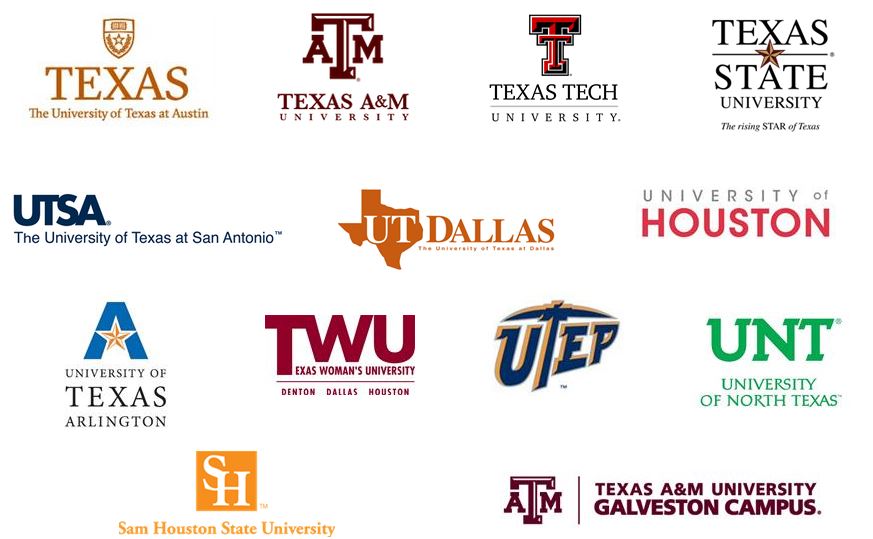Advertisements
What is the study of liberal arts? Let’s find out in this comprehensive guide what liberal arts education is all about and what the benefits are.
When it comes to choosing an educational path, you might have heard the term “liberal arts education” thrown around. But what exactly does it mean? Is it a degree in the arts? Is it a program for future politicians? In this blog post, we’ll break down what liberal arts education is in easy-to-understand terms, explore its benefits, and help you decide if it’s the right path for you.
What Is Liberal Arts Education?
Liberal arts education is a holistic approach to learning that emphasizes a broad-based curriculum, critical thinking, and intellectual exploration. Unlike specialized or vocational education, liberal arts education offers a well-rounded foundation in various subjects, including the humanities, natural sciences, social sciences, and the arts.
Key components of liberal arts education:
- Interdisciplinary Learning: Liberal arts programs encourage students to explore a wide range of subjects, fostering connections between different fields of knowledge. This interdisciplinary approach helps students see the world from various perspectives and think critically about complex issues.
- Critical Thinking: Liberal arts education places a strong emphasis on critical thinking and problem-solving skills. Students are encouraged to question assumptions, analyze information, and develop their own opinions.
- Communication Skills: Effective communication is a fundamental aspect of liberal arts education. Students learn to express their ideas clearly and persuasively, both in writing and verbally.
- Global Awareness: Liberal arts programs often include coursework that exposes students to different cultures, histories, and global issues, promoting a broader understanding of the world.
- Adaptability: Liberal arts graduates are known for their adaptability and versatility. They are well-prepared to navigate a rapidly changing job market because of their diverse skill set and ability to learn and adapt to new situations.
Benefits of a Liberal Arts Education
Now that you have a better understanding of what a liberal arts education entails, let’s explore some of the benefits:
- Critical Thinking: Liberal arts graduates are skilled critical thinkers, which is a valuable asset in any career. They can analyze problems, develop creative solutions, and make informed decisions.
- Versatility: A liberal arts education equips you with a wide range of skills that can be applied to various professions. Whether you want to pursue a career in business, healthcare, education, or the arts, a liberal arts background can be an asset.
- Lifelong Learning: Liberal arts education fosters a love of learning and curiosity. Graduates often continue to explore new subjects and stay intellectually engaged throughout their lives.
- Effective Communication: Strong communication skills are essential in nearly every profession. Liberal arts graduates are proficient in written and verbal communication, making them effective team members and leaders.
- Cultural Competency: In an increasingly diverse world, understanding different cultures and perspectives is vital. Liberal arts education promotes global awareness and cultural competency.
Is a Liberal Arts Education right for You?
Liberal arts education may be a good fit for you if:
- You enjoy learning about a variety of subjects and making connections between them.
- You value critical thinking and problem-solving skills.
- You want a well-rounded education that prepares you for a range of career options.
- You have a passion for the arts, humanities, and social sciences.
- You’re interested in exploring global issues and different cultures.
However, if you have a very specific career goal that requires specialized training, such as becoming a medical doctor or an engineer, a liberal arts education may not be the most direct path.
Conclusion
In summary, liberal arts education is a holistic approach to learning that emphasizes critical thinking, interdisciplinary exploration, and communication skills. It provides a well-rounded foundation that can lead to a wide range of career opportunities and fosters a lifelong love of learning. Whether or not it’s the right choice for you depends on your interests, goals, and aspirations. Ultimately, a liberal arts education can open doors to a world of possibilities and help you become a well-rounded, thoughtful, and adaptable individual.
Advertisements






